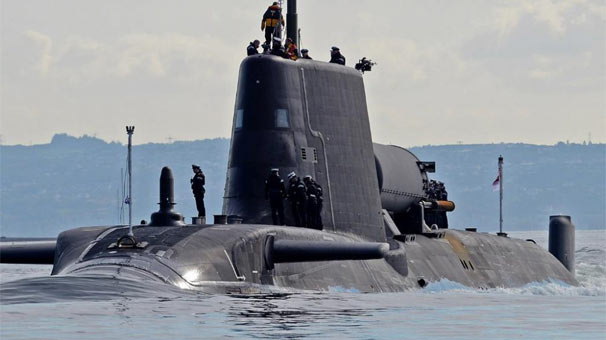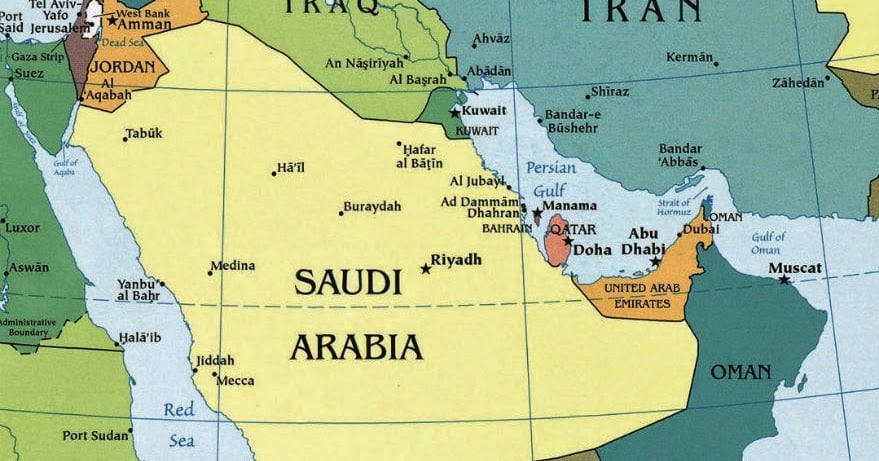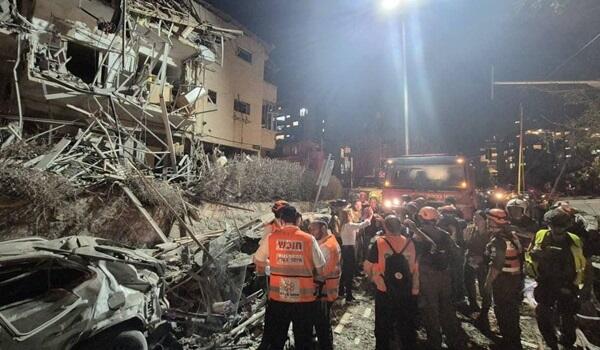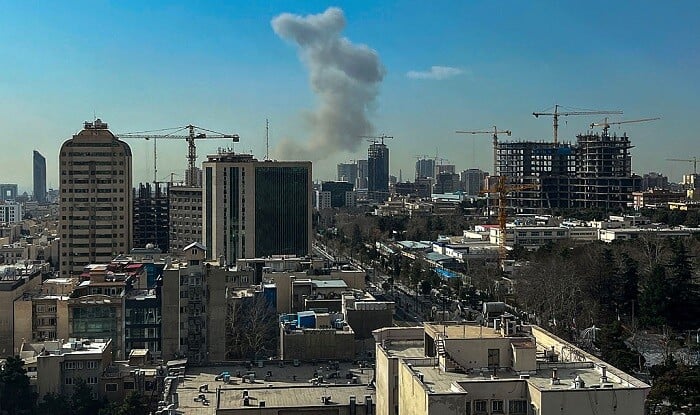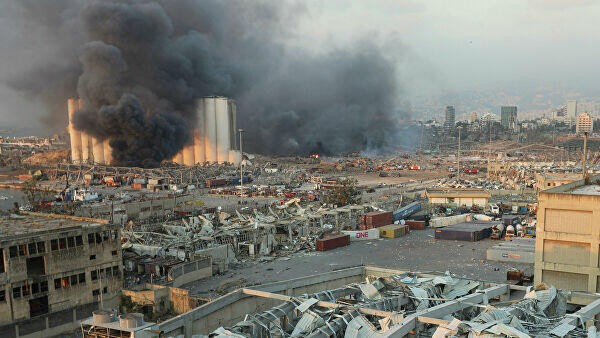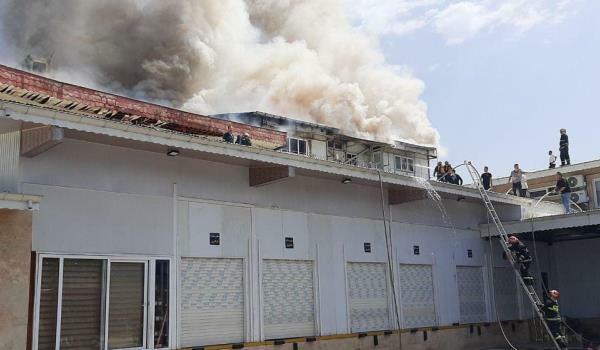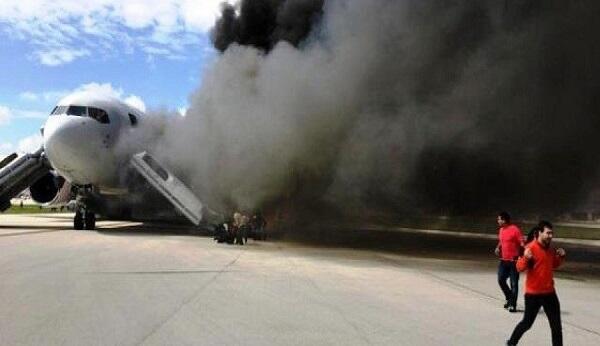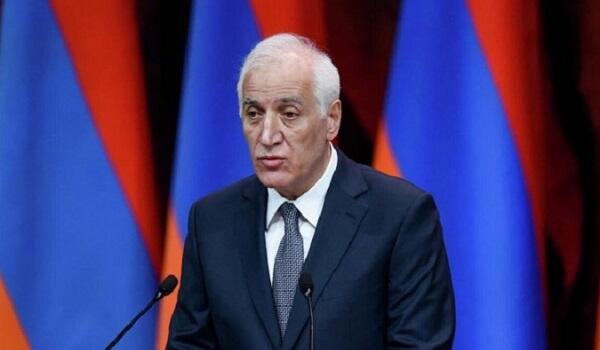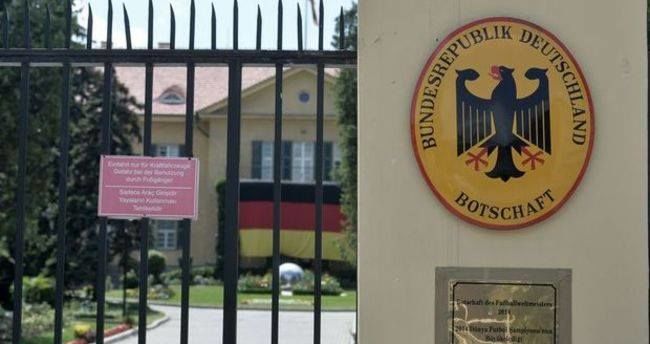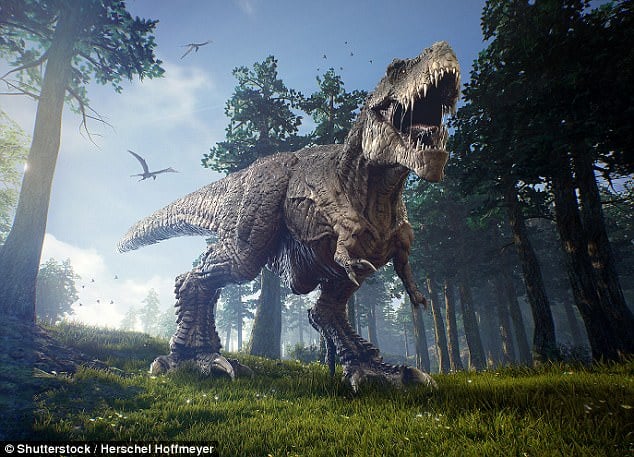The asteroid impact that doomed the dinosaurs to extinction had such a devastating effect on Earth by pure chance, scientists say.
Axar.az reports citing DailyMail.
If it had struck 30 seconds later – or 30 seconds sooner – it would have caused far less damage and the dinosaurs would probably have survived.
As a result, man might never have become the planet’s dominant species, a BBC documentary reveals tonight.
The asteroid struck 66million years ago 24 miles off the Yucatan Peninsula in Mexico, causing a crater 111 miles wide and 20 miles deep. Scientists who drilled into the crater found the rock was rich in sulphur compounds.
The impact of the asteroid vaporised this rock, filling the air with a cloud of dust similar to that created by a catastrophic volcanic eruption. This blocked out the sun and cooled the planet dramatically – below freezing for a decade – wiping out most life.
Those dinosaurs not killed by fumes, molten rock falling from the sky or tsunamis would have starved as their food ran out.
Yet if the asteroid, which is estimated to have been nine miles across and travelling at 40,000mph, had arrived a few seconds sooner or later, it could have landed in deep water in the Atlantic or Pacific.
That would have meant that mostly sea water would have been vaporised, causing far less harm. Instead, the effect of the impact of a comparatively tiny asteroid was magnified catastrophically.
Sean Gulick, professor of geophysics at the University of Texas at Austin, who organised the drilling with Professor Joanna Morgan, of Imperial College London, said: ‘That asteroid struck Earth in a very unfortunate place.’
Professor Morgan said research suggests 100billion tons of sulphates were thrown into the atmosphere, adding: ‘That would be enough to cool the planet for a decade and wipe out most life.’
The Day The Dinosaurs Died is on BBC2 tonight at 9pm.
The asteroid's impact was so huge that the blast led to the extermination of three quarters of all life on Earth, including most of the dinosaurs.
But this chance event allowed smaller mammals - and ultimately humans - the chance to thrive.
Had the asteroid crashed seconds earlier or later it would have hit the ocean, potentially causing much less vaporisation which may have allowed the dinosaurs to survive, scientists now believe.
Professor Joanna Morgan of Imperial College London has co-led a major new study with Sean Gullick, professor of geophysics at the University of Texas, Austin into the the impact of this earth-changing asteroid.
The results of this major study will be revealed in a new BBC documentary called The Night the Dinosaurs Died which will be screened on BBC2 tomorrow at 9pm and is presented by Professors Alice Roberts and Ben Garod.
In the study, researchers have drilled into the peak ring of the Chicxulub crater in the Gulf of Mexico where the asteroid hit.
Their research has unearthed insights into how impacts can help shape planets and possibly even provide habitat for new origins of life.
It also established a new understanding of how violent asteroid impacts cause a planet's surface to behave like a fluid - previous scientific analysis suggested that such impacts deform the surface by melting most of the rock around the impact.
Prof Gullick said that the asteroid struck the earth at a very unfortunate place - a concentration of sulphur-rich rock which vaporised, catapulting a light-reflecting cloud into the air.
Prof Gullick explained that sulphate particles reflect light, which effectively shaded the earth from the sun, dramatically cooling the planet, limiting plant growth and ultimately cutting off food supplies.
This caused the decline and death of the dinosaurs as a species which had dominated earth for 150m years.
According to Professor Joanna Morgan, the samples suggest that more than 100bn tons of sulphates were thrown into the atmosphere with extra soot from the fires that followed.
'That would be enough to cool the planet for a decade and wipe out most life,' Prof Morgan said as reported by The Times.
But this dark day for the dinosaurs provided an opportunity for mammals and ultimately humans to evolve.
'Just half a million years after the extinction of the dinosaurs, landscapes had filled with mammals of all shapes and sizes. Chances are, if it wasn't for that asteroid we wouldn't be here today,' scientist and BBC presenter Prof Alice Roberts told The Times.
Rock analysis has allowed scientists to calculate the size of the impact which indicates that the asteroid was approximately nine miles wide and hit the planet at 40,000mph.
This would make the asteroid equivalent to a grain of sand hitting a bowling ball.


